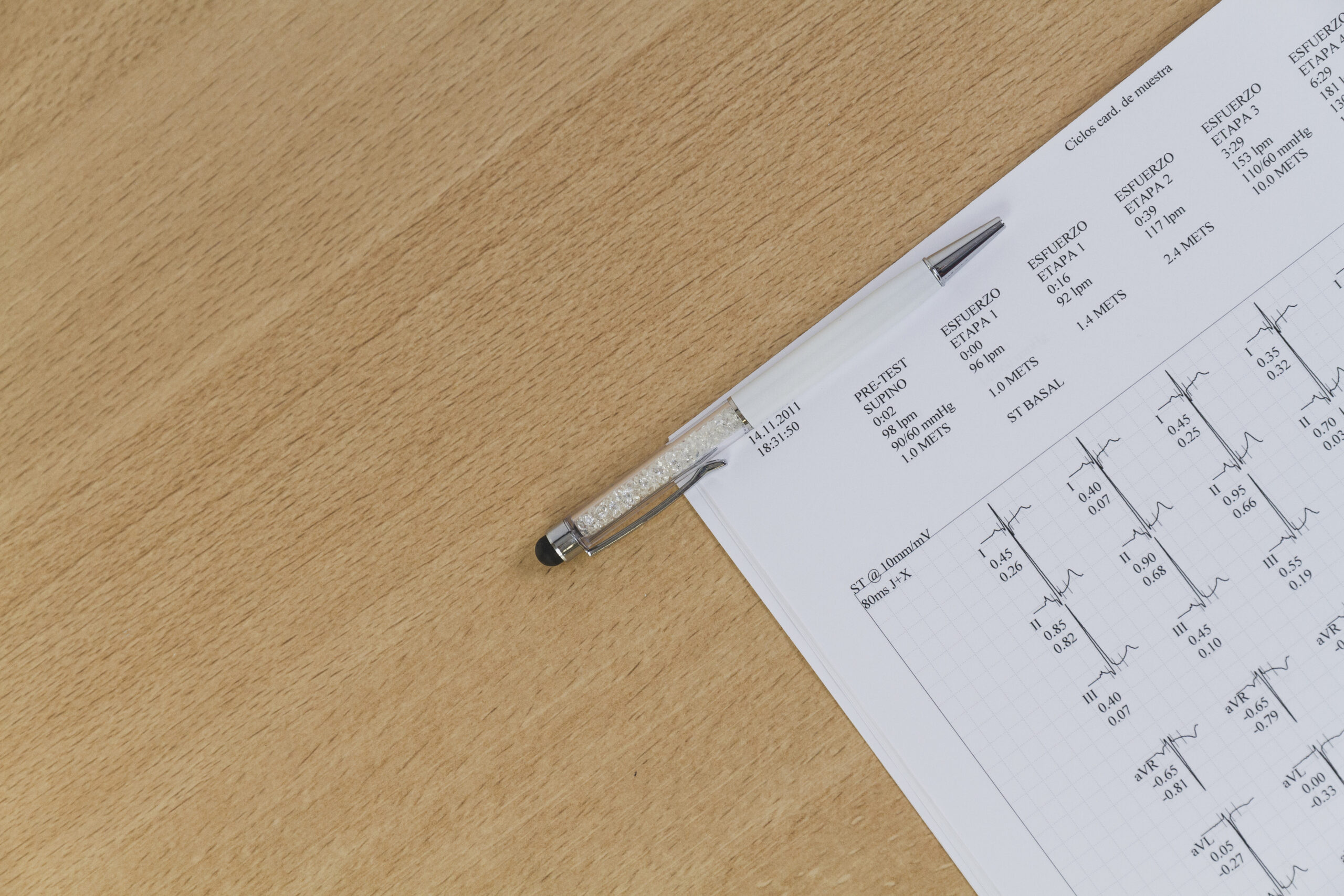
What if your paycheck could talk?
What if it whispered a secret? Not just any secret, but one that could save you a bundle come tax season.
What if you could peek into the future, not to see your destiny, but your tax bill? Wouldn’t it be amazing to know exactly how much you’ll owe the government every April, without a spreadsheet-wrangling dread?
Now for a fact, that would be handy. However, it’s not quite that dramatic (thankfully).
Tax brackets might sound as thrilling as a wet sock convention. But trust me, these little guys are the gatekeepers to your hard-earned cash.
First Things First: What Are These “Brackets” Anyway?
Tax brackets are essentially a tool the government uses to apply taxes to individuals based on their income. The idea is simple: the more you earn, the higher your tax rate. However, it’s crucial to grasp that not every dollar you make gets taxed at the same rate. Different chunks of your income face different tax rates, and that’s where tax brackets come into play.
To help you better understand tax brackets, here are some key points to keep in mind:
1. Taxable Income Basis: Tax brackets hinge on your taxable income, calculated by subtracting deductions or exemptions you qualify for from your total income.
2. Progressive Tax System: Tax brackets follow a progressive system. As you earn more, the percentage of your income subject to taxes increases. It’s a step-by-step climb.
3. Annual Changes: Tax brackets aren’t set in stone; they change every year. Staying in the loop with the latest rates and brackets is vital for accurate tax planning.
4. Shifting Brackets: Surprisingly, you can slide into a higher tax bracket without a pay raise. Losing certain deductions or credits might push you into a new bracket.
5. Strategic Financial Decisions: Understanding tax brackets empowers you to make strategic financial moves. For instance, it helps in deciding whether to contribute to a tax-deferred retirement account or opt for a Roth account.
Now, Why Do We Have These Tax Brackets?
Short answer: Fairness.
An illustration: Imagine two people: Bill, who makes a cool million, and Sarah, who’s just starting out with a part-time job. If they both paid the same flat tax rate, wouldn’t that be a tad unfair? Sarah would be left with peanuts after the taxman took his share, while Bill would still be swimming in Scrooge McDuck money. Tax brackets level the playing field, ensuring that people with higher incomes contribute a larger share to the public good, while those just getting by don’t get squeezed dry.
So, How Do These Brackets Affect Your Paycheck?
2024 US Federal Income Tax Brackets and Rates (Tax Year 2023)
Filing Status: Single Filers
| Taxable Income Range | Tax Rate |
| Up to $11,600 | 10% |
| $11,601 – $47,150 | 12% |
| $47,151 – $100,525 | 22% |
| $100,526 – $191,950 | 24% |
| $191,951 – $243,725 | 32% |
| $243,726 – $609,350 | 35% |
| Above $609,350 | 37% |
Filing Status: Married Filing Jointly
| Up to $23,200 | 10% |
| $23,201 – $94,300 | 12% |
| $94,301 – $201,050 | 22% |
| $201,051 – $383,900 | 24% |
| $383,901 – $539,900 | 32% |
| $539,901 – $609,350 | 35% |
| Above $609,350 | 37% |
Filing Status: Married Filing Separately
| Up to $11,600 | 10% |
| $11,601 – $47,150 | 12% |
| $47,151 – $100,525 | 22% |
| $100,526 – $191,950 | 24% |
| $191,951 – $243,725 | 32% |
| $243,726 – $331,225 | 35% |
| Above $331,225 | 37% |
Filing Status: Head of Household
| Up to $16,550 | 10% |
| $16,551 – $63,100 | 12% |
| $63,101 – $133,350 | 22% |
| $133,351 – $214,700 | 24% |
| $214,701 – $243,725 | 32% |
| $243,726 – $609,350 | 35% |
| Above $609,350 | 37% |
Oh, And Getting A Raise Doesn’t Mean Losing Money.
One common misconception is that moving into a higher tax bracket means your entire income is taxed at that rate. Let’s debunk this myth once and for all. Your new tax bracket only applies to the money within that range, not your whole income. Climbing the tax mountain might seem daunting, but it won’t cost you more overall. The view from the top might even be better!
NOW, THE MILLION-DOLLAR QUESTION
How can you use this knowledge to your advantage? Well, understanding tax brackets can help you make smarter financial decisions. You can:
- Plan your income strategically. If you’re nearing the edge of a higher tax bracket, consider delaying a bonus or income boost until the next tax year.
- Maximize deductions and credits. …
- Invest wisely. Certain retirement accounts and investments offer tax benefits, helping you keep more of your money.
We’ve all been there – the dreaded tax season, however, the difference between feeling overwhelmed by taxes and feeling empowered by them is knowledge.




